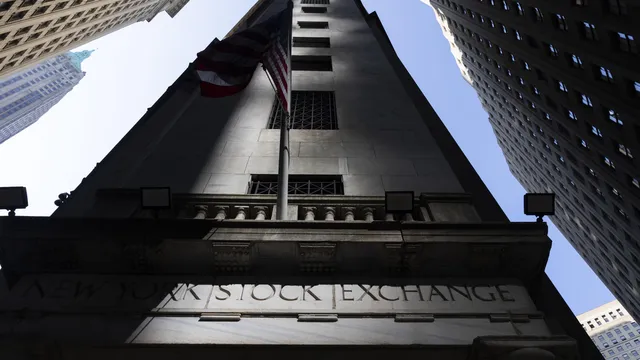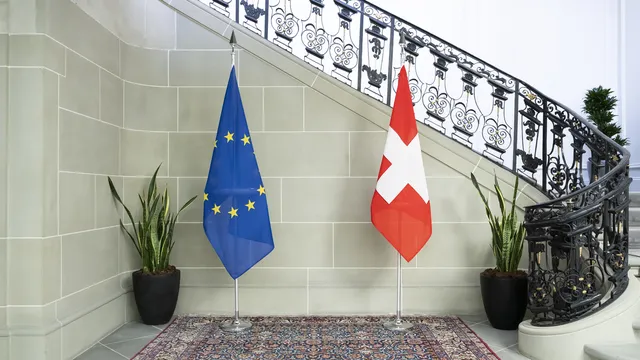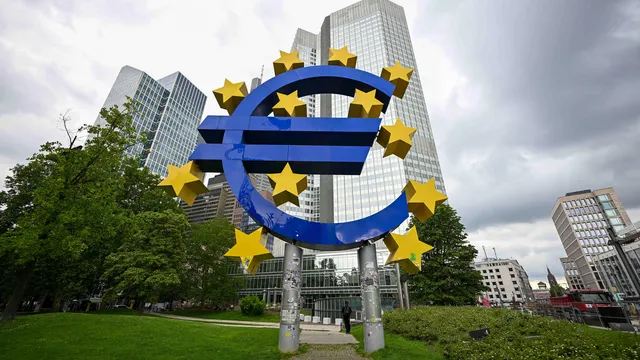Annual inflation in the eurozone remained unchanged in July at 2.0%, matching the level recorded in June and aligning with the European Central Bank’s (ECB) target. This slightly exceeded expectations for a decline to 1.9%, according to preliminary data from the European statistics agency Eurostat, The Wall Street Journal reported.
The result comes as a surprise and is likely to reinforce expectations that the ECB will keep its key interest rate unchanged at its September meeting. Eurozone inflation has been at or below the ECB's target since May, and central bank officials forecast that it will slow to an average of 1.6% by 2026, before returning to the 2% target in 2027.
ECB President Christine Lagarde stated at the last monetary policy meeting that the bank is in a "good position" on inflation and emphasized that it would not respond to "minor deviations" from the target, such as those anticipated in 2026.
The stable pace of price increases comes amid better-than-expected economic performance in the eurozone during the second quarter, when economic activity rose despite predictions of a slight contraction.
U.S. tariffs imposed this spring by President Donald Trump were expected to dampen growth in Europe, but European exports received a boost earlier this year from American companies stockpiling in anticipation of trade restrictions.
This resilience in the second quarter prompted analysts at Barclays and others to forecast that there will be no interest rate cut in September.
The ECB kept its key interest rate unchanged at 2% last week, halting a series of eight rate cuts that began in June 2024—a reversal from the prior cycle of aggressive rate hikes in response to post-pandemic inflation and Russia’s full-scale invasion of Ukraine.
According to Dirk Schumacher, chief economist at Germany’s KfW Bank, the weakening of services inflation in July is an important signal of easing price pressure. He added that the ECB may choose to wait and assess how the recently reached trade compromise with the U.S. will impact inflation in the coming months.
Economists believe the U.S. tariffs will have a dual effect: they will boost demand for European goods in the U.S., supporting economic activity, but at the same time will prompt Chinese manufacturers to lower prices in an effort to offset losses from the American market. This could lead to lower inflation in Europe.
The strengthening of the euro could also contribute to a decline in inflation, as it makes imports into the eurozone cheaper. For this reason, the governor of the French central bank, François Villeroy de Galhau, warned that the ECB should remain open to the possibility of another rate cut.
Although the trade agreement between the EU and the U.S. announced on Sunday increases tariff barriers compared to the beginning of the year, it also reduces market uncertainty. This could facilitate business planning and investment, supporting economic resilience. | BGNES

 Breaking news
Breaking news
 Europe
Europe
 Bulgaria
Bulgaria







